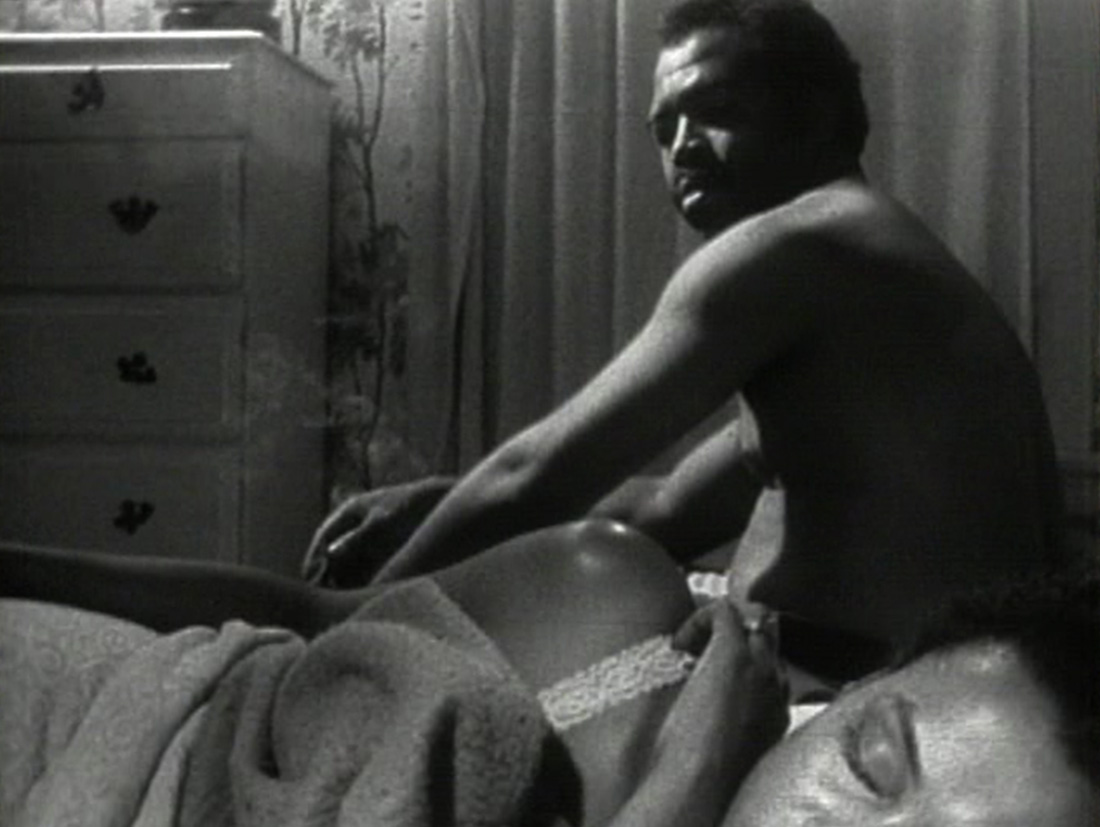Bless Their Little Hearts
Followed by a DISSENT! talk with Billy Woodberry.
L.A. Rebellion: Creating a New Black Cinema is a project by UCLA Film & Television Archive developed as part of Pacific Standard Time: Art in L.A. 1945-1980. The original series took place at UCLA Film & Television Archive in October – December 2011, curated by Allyson Nadia Field, Jan-Christopher Horak, Shannon Kelley and Jacqueline Stewart.
The Courtisane Festival will present a modest selection of over 50 representative works, many of them in new prints and restorations. A complete overview of the program can be found on www.cinema.ucla.edu/la-rebellion. In collaboration with Tate Modern & UCLA Film & Television Archive.
Special thanks to George Clark, Steven Hill and Todd Wiener, without whom this program would not have been possible.
preservation print courtesy of the UCLA Film & Television Archive
